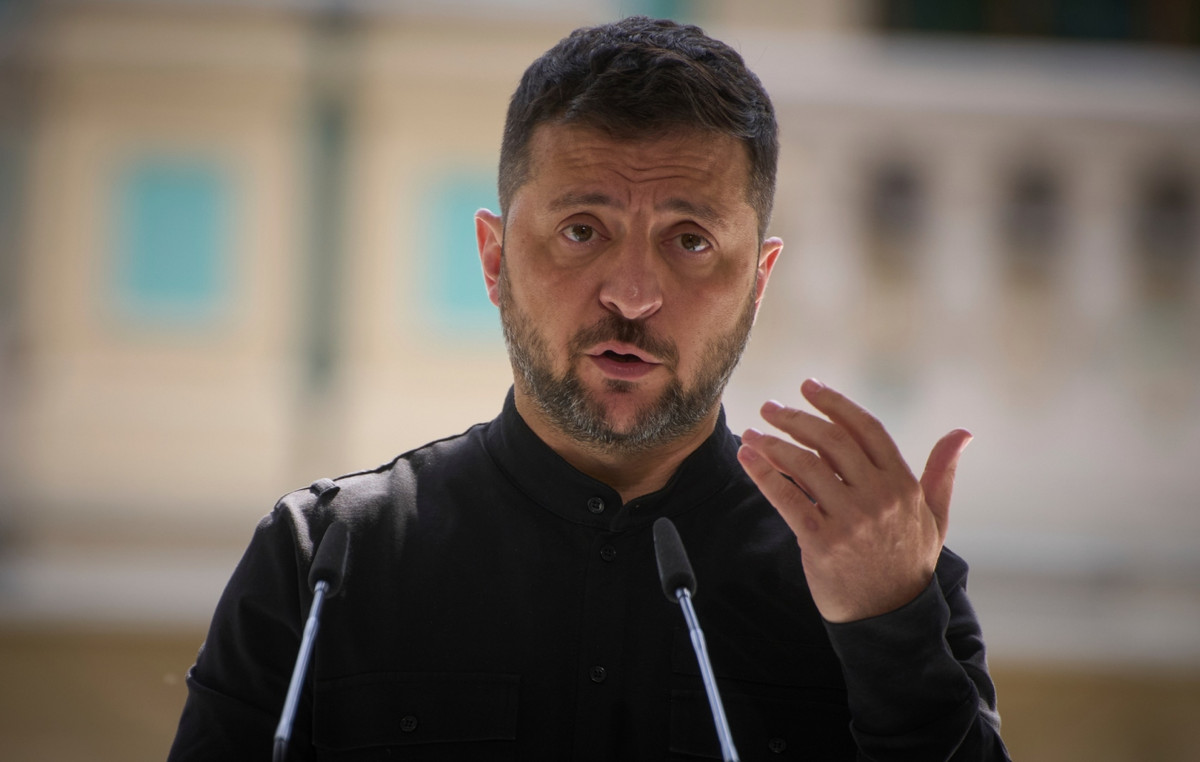Anvisa decided to maintain, in April, the ban on the sale of electronic smoking devices. However, electronic cigarettes and vapes remain available to the population, albeit illegally.
“We only have one way and that is to resort to illegality”, he says Miguel Okumura harm reduction activist, in an interview with CNN . Miguel has been smoking vapes for seven years, and criticizes the agency's decision. “We, as vaperhe feels completely helpless”, he says.
“We question this hypocrisy. Why is there regulation for a product? [cigarros convencionais] that we are completely aware of all the harm it brings to the body, but electronic cigarettes are denied this here in Brazil”, he concludes.
Among the means used by ANVISA to assess whether electronic devices should be regulated or not, there was the opening of a public consultation to bring the debate to the population. Of the thousands of contributions, fifty-nine percent of those who participated said they thought differently about the ban.
The discussion about the regulation of electronic devices is global. In Canada, for example, vapes adults are permitted. According to the Canadian health system, the devices can be considered an alternative for those who want to stop smoking – despite not being classified as a therapeutic treatment (as is the case in the United Kingdom).
One of the experts who agrees with Canadian legislation is David Sweanor , public health expert and professor at the University of Ottawa. For Sweaner, recognized for his studies in tobacco control, the use of electronic devices must be taken into consideration given the severity of the diseases caused by traditional cigarettes. It’s called “harm reduction”.
“In Canada, smoking kills 48,000 people a year. This is a public health emergency. We are looking at how quickly we can reduce this. And because harm is caused by smoke inhalation, switching to forms of nicotine that can replace cigarettes for adults who would otherwise smoke is a huge public health advance,” says the professor.
“Like everything we do in public health, we want to limit unintended consequences. We want to limit the use of these products by people who would otherwise never smoke cigarettes, and we are finding ways to do that. It will never be perfect, but in general Public Health can achieve huge results by helping people who smoke cigarettes to stop smoking and replace it with a product that is much less dangerous than smoking cigarettes”, concludes Professor Sweanor.
According to the WHO, eight million people die every year from diseases linked to smoking. In Brazil, there are 161,853 deaths annually. According to the Brazilian government, the consumption of conventional cigarettes causes more than 125 billion reais in damage to the country's health system and economy.
Source: CNN Brasil
I am an experienced journalist and writer with a career in the news industry. My focus is on covering Top News stories for World Stock Market, where I provide comprehensive analysis and commentary on markets around the world. I have expertise in writing both long-form articles and shorter pieces that deliver timely, relevant updates to readers.







